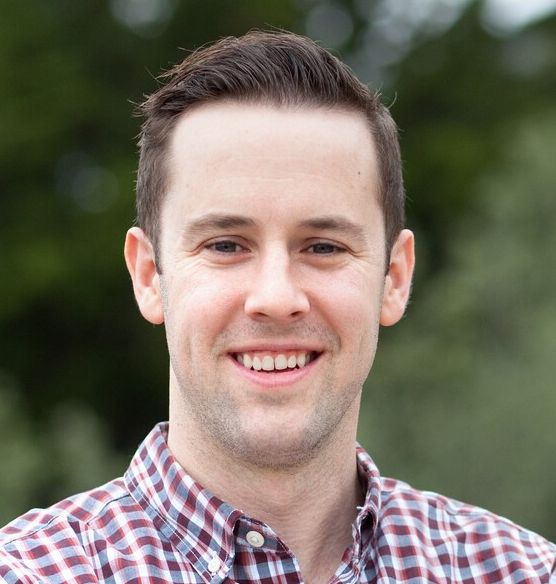Doctors and Data Agree: Second Opinions Improve Patient Outcomes
Second opinions are mutually beneficial for patients and doctors alike, and the availability of a second opinion has become exponentially easier in recent years due to changes in virtual medicine.

Despite the many benefits of second opinions in the medical setting, patients have underutilized them for years. This could all be about to change in the face of new research and advances in telehealth.
A new Mayo Clinic study published in April confirmed that getting a second opinion cuts the chance of misdiagnosis in half. Researchers analyzed the function of second opinions in correcting diagnostic errors and professional or unconscious biases, including ego and hindsight biases, as well as financial interests. They found that second opinions cut the rate of diagnostic errors from 26%-50%, with a third opinion driving it down even further to 16%.
The study adds to the growing body of research that proves the indisputable value of second opinions, all with statistically significant results.
An earlier study, also by the Mayo Clinic, found that 1 in 5 patients receive a distinctly different diagnosis from their second doctor. Contrasting first and second diagnoses of patients referred to specialists, the study revealed that out of 286 cases reviewed, only 12% received a second diagnosis that matched the first.
The remaining 87% of second diagnoses, nearly 9 out of 10 patients, either led to a refinement of the first diagnosis or a distinctly different diagnosis.
With confirmed results like these, it’s clear that second opinions are an essential part of patient treatment. Without them, there is significantly greater potential for misdiagnoses and complications.
Science supports second opinions. Expert specialists endorse them. The American College of Surgeons recommends them.
Yet many patients still harbor the misconception that doctors don’t like second opinions, when there are in fact benefits across the patient-doctor relationship.
Dr. Prashant Vaishnava, an Attending Physician at New York Health and Hospitals, noted, “A second opinion is an open space for patients to express doubt or ask questions they may not be comfortable asking their treating provider, thus creating a setting where patients feel more comfortable advocating for themselves,” noted Dr. Prashant Vaishnava, an Attending Physician at New York Health and Hospitals.
Further, even when the second opinion confirms the first, patients gain confidence in that diagnosis and may even get new information on potential treatment plans.
Beyond these benefits to patients, second opinions are opportunities for doctors as well. These additional consults can facilitate collaboration and offer a complete view that providers in isolation may not have otherwise.
The availability of and access to these consults have been made exponentially easier thanks to the blossoming of virtual medicine during the pandemic. Patients can now access second opinions from the very best specialists — those who are board-certified, nationally recognized, and members of associations such as the American College of Surgeons.
Numerous providers have stepped in to fill these needs with a variety of virtual offerings.
2nd.MD, the leader in expert medical opinions, offers consults in days instead of weeks, removing barriers to expert specialist access.
The company’s statistics on patient care and outcomes align with the Mayo Clinic’s research findings: 35 percent of consults lead to an alternate diagnosis. The Cleveland Clinic launched a similar virtual offering in 2019 and reports that 28 percent of consults resulted in diagnosis changes. Yale Medicine, Stanford Medicine and New York-Presbyterian now have virtual second opinion programs, as do many other renowned institutions.
“Second opinions can significantly reduce diagnostic error, and increasing access to expert medical opinions both empowers patients and improves their outcomes,” observed Dr. Carlos Uquillas, team physician for the Los Angeles Angels.
Let’s broaden acceptance of these critical tools to help patients make more informed medical decisions.
Greg Burrell, MD, is a board-certified internist and Associate Chief Medical Officer at Accolade, a personalized healthcare advocacy company. Dr. Burrell has written several articles for leading healthcare magazines and medical journals, including NEJM Catalyst. A co-founder and former VP of Carbon Health, Dr. Burrell also developed an educational video on the science behind COVID-19 vaccines. He is based in San Francisco and volunteers at the Society for the Prevention of Cruelty to Animals.